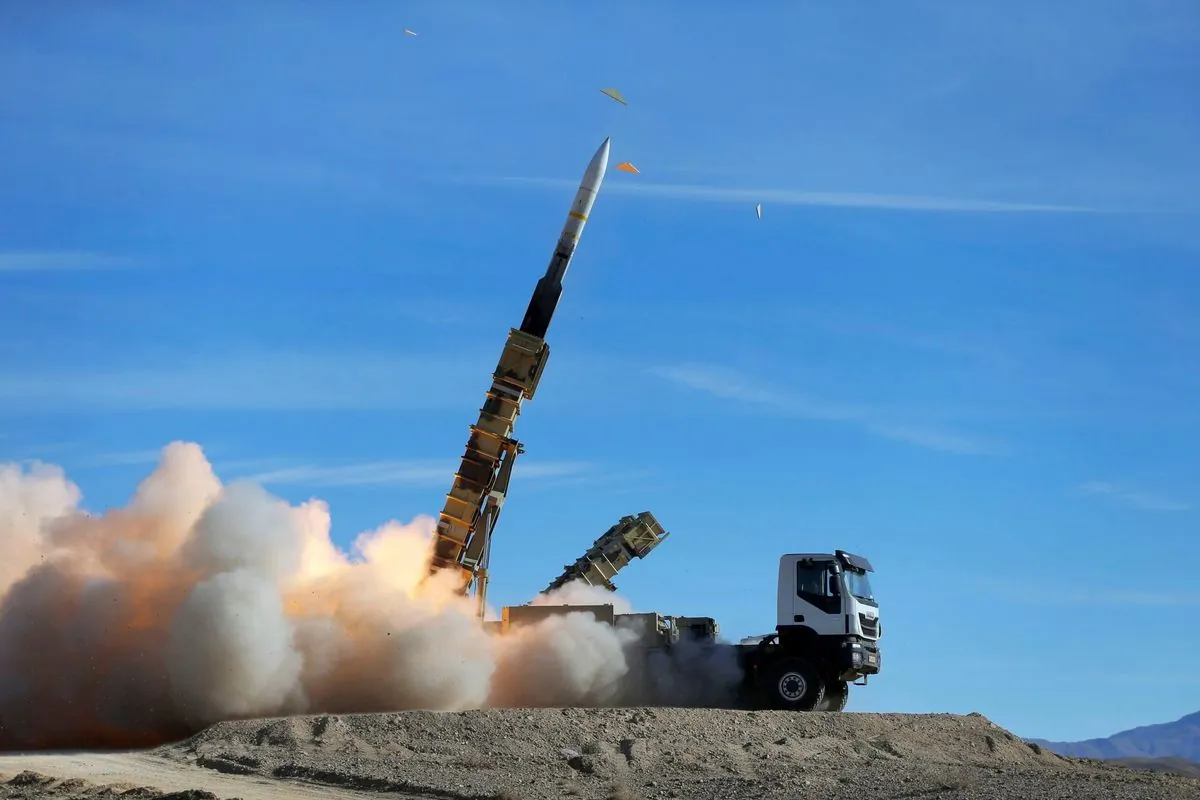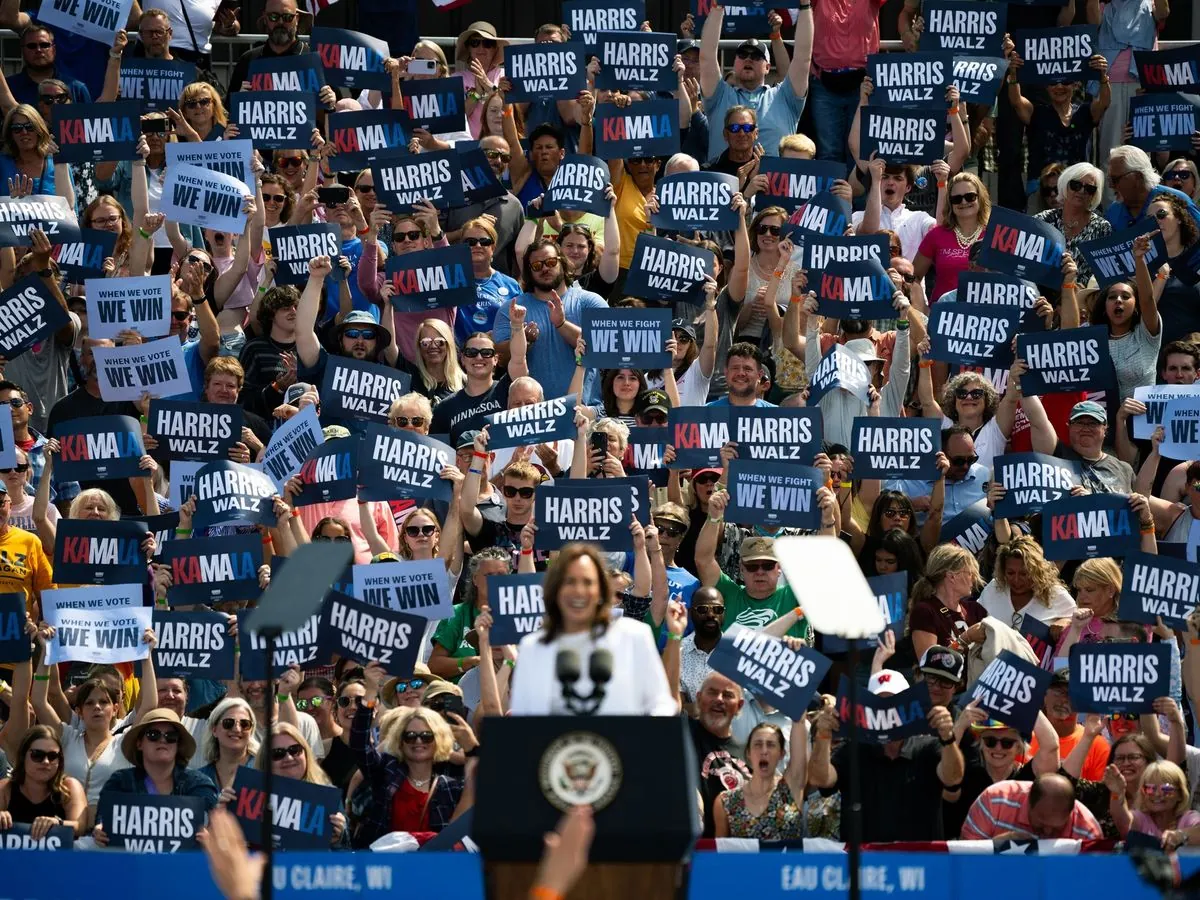Israel Weighs Response to Iranian Attack: Nuclear Program in Focus
Following Iran's missile assault on Israel, tensions escalate as Israel contemplates retaliation. Experts warn that targeting Iran's nuclear facilities could have unintended consequences, potentially accelerating Tehran's nuclear ambitions.

In the wake of Iran's recent missile attack on Israel, which occurred on October 1, 2024, the international community is closely watching Israel's potential response. The assault, involving nearly 200 missiles, has heightened tensions in the region and raised concerns about the future of Iran's nuclear program.
Benjamin Netanyahu's government faces a critical decision: whether to retaliate against Iran and, if so, how. Some voices are calling for strikes on Iran's nuclear facilities, a suggestion that has been circulating for years. However, experts warn that such action could have unintended consequences and potentially exacerbate the nuclear threat.
Iran's nuclear capabilities have been a source of international concern for decades. The country's nuclear program began in the 1950s under the U.S. Atoms for Peace program, but has since evolved into a complex and controversial issue. While Iran maintains that its nuclear activities are for peaceful purposes only, its near-threshold capabilities have raised alarms.
Currently, Iran does not possess nuclear weapons, and there is no evidence that Tehran has decided to weaponize its program. However, the country has developed significant nuclear expertise and infrastructure. Experts estimate that if Iran were to pursue a nuclear weapon, it could produce enough weapons-grade enriched uranium for a single device in less than a week. The actual development of a nuclear weapon would take months, with additional time required to create delivery systems capable of reaching targets like Israel.

The international community has attempted to address Iran's nuclear program through various means. The Joint Comprehensive Plan of Action (JCPOA), signed in 2015, aimed to limit Iran's nuclear activities in exchange for sanctions relief. However, the United States withdrew from the agreement in 2018, leading to increased tensions and Iran's gradual departure from its commitments.
Israel's potential military response to Iran's recent attack faces significant challenges. Iran's nuclear facilities are dispersed across the country, with some located underground. The Fordow Fuel Enrichment Plant, for example, is built deep inside a mountain, making it a challenging target. A successful strike would likely require a large-scale operation and possibly U.S. involvement.
Moreover, Iran's advanced nuclear knowledge means that even if facilities were damaged, they could potentially be rebuilt and hardened against future attacks. The country has already demonstrated its ability to develop various types of centrifuges for uranium enrichment and has accumulated a significant stockpile of low-enriched uranium since 2019.
Ayatollah Ali Khamenei, Iran's Supreme Leader, has called for Western powers to leave the Middle East, further complicating the geopolitical landscape. His statement, made in the aftermath of the attack on Israel, underscores the deep-rooted tensions in the region.
"The West must leave the region. Their presence brings nothing but destruction and conflict."
The international community, particularly the International Atomic Energy Agency (IAEA), plays a crucial role in monitoring Iran's nuclear activities. The IAEA uses sophisticated techniques, including environmental sampling, to detect undeclared nuclear activities. However, any military action against Iran could potentially limit the agency's access and complicate future monitoring efforts.
Israel's decision on how to respond to Iran's attack will have far-reaching consequences. A measured approach could maintain the current status quo, where Iran has not yet decided to pursue nuclear weapons. Conversely, a more aggressive stance, particularly one targeting nuclear facilities, could push Iran towards weaponization.
As the situation unfolds, the international community watches closely. The coming days and weeks will be critical in determining the future of regional stability and the global non-proliferation regime. The decisions made by Benjamin Netanyahu and his government will shape not only Israel's security but also the broader landscape of Middle Eastern geopolitics and nuclear proliferation concerns.






























